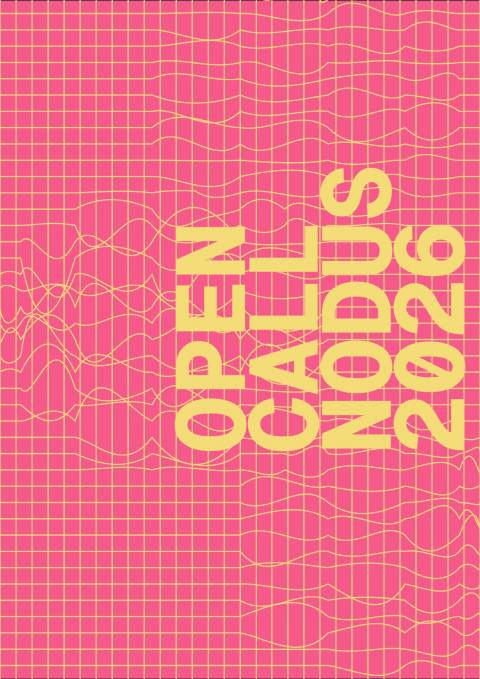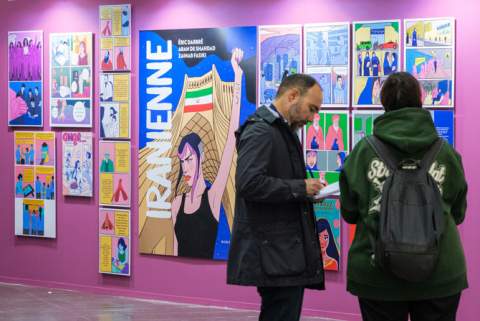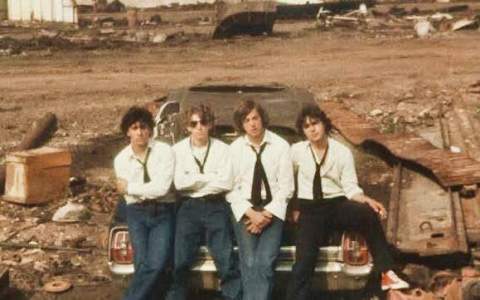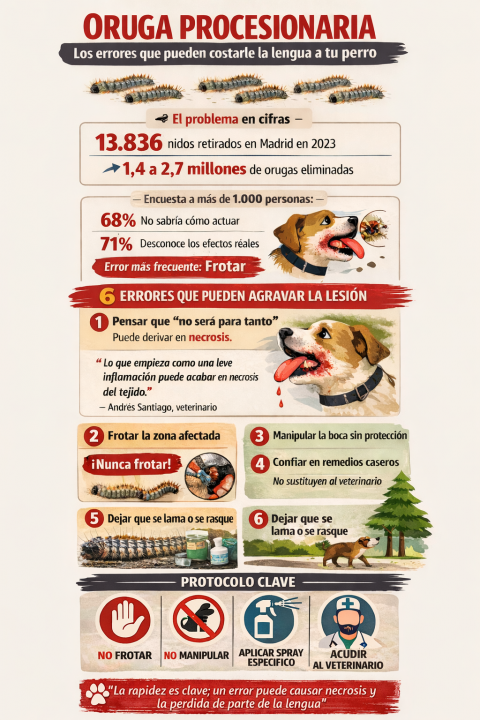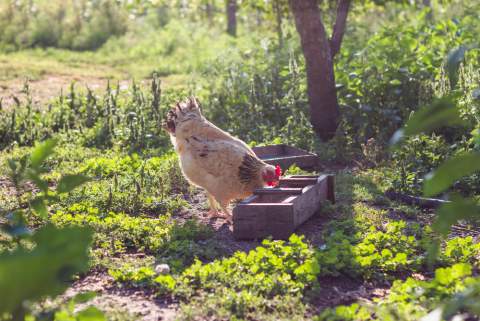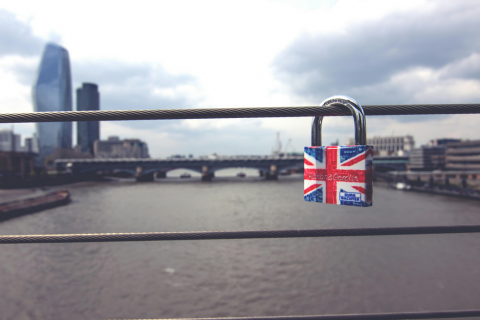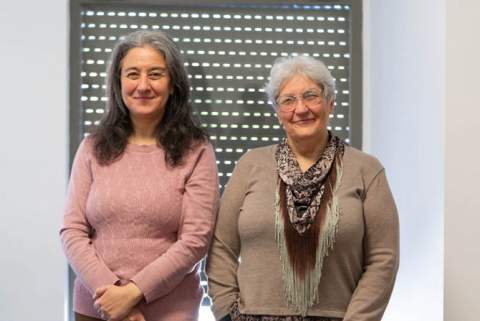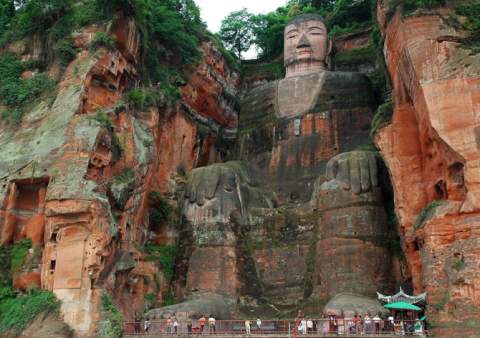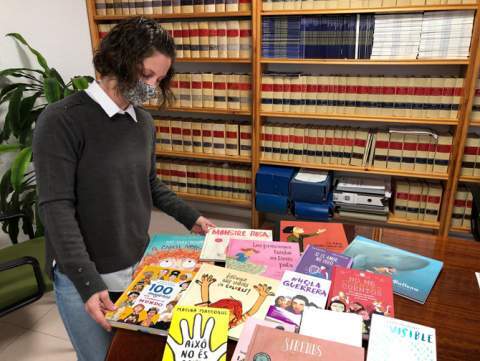The Diputación is intervening in the recuperation of the Alcala-Alcossebre prehistoric site at Cova dels Diablets
The Castellón Diputación Archaeological Service, together with the Alcala de Xivert-Alcossebre Council and the Jaume I University, have been immersed in the last tranche of 2020 in the repair works and excavation of the important prehistoric site of the Cova dels Diablets.
According to information from the head of Archaeology, Ruth Sanz, the provincial intervention has responded to the urgency of adopting protection measures to stop the deterioration of the grotto, which since the campaign in 1998 has been seen to be affected in the excavation area.
In view of the bad state of the site, the whole archaeological zone, the drainage of the excavated areas and the documentation and evaluation of the dangers of erosion in the area have been cleaned up and preventive measures have been applied. This has enabled the start of a round of excavations which have lasted during several weeks and has enabled the recovery of fossilisations of flora and fauna, human remains and ceramics from the Islamic epoch.
With the good results of the 2020 intervention, it is now planned to continue the excavations this 2021. Sanz explained that the full willingness of this Diputación exists to continue forward with the excavations because under our feet there still remain many surprises to be discovered which would help us to learn a little more of where we come from”.
The Castellón Diputación Archaeological Service, together with the Alcala de Xivert-Alcossebre Council and the Jaume I University, have been immersed in the last tranche of 2020 in the repair works and excavation of the important prehistoric site of the Cova dels Diablets.
According to information from the head of Archaeology, Ruth Sanz, the provincial intervention has responded to the urgency of adopting protection measures to stop the deterioration of the grotto, which since the campaign in 1998 has been seen to be affected in the excavation area.
In view of the bad state of the site, the whole archaeological zone, the drainage of the excavated areas and the documentation and evaluation of the dangers of erosion in the area have been cleaned up and preventive measures have been applied. This has enabled the start of a round of excavations which have lasted during several weeks and has enabled the recovery of fossilisations of flora and fauna, human remains and ceramics from the Islamic epoch.
With the good results of the 2020 intervention, it is now planned to continue the excavations this 2021. Sanz explained that the full willingness of this Diputación exists to continue forward with the excavations because under our feet there still remain many surprises to be discovered which would help us to learn a little more of where we come from”.



